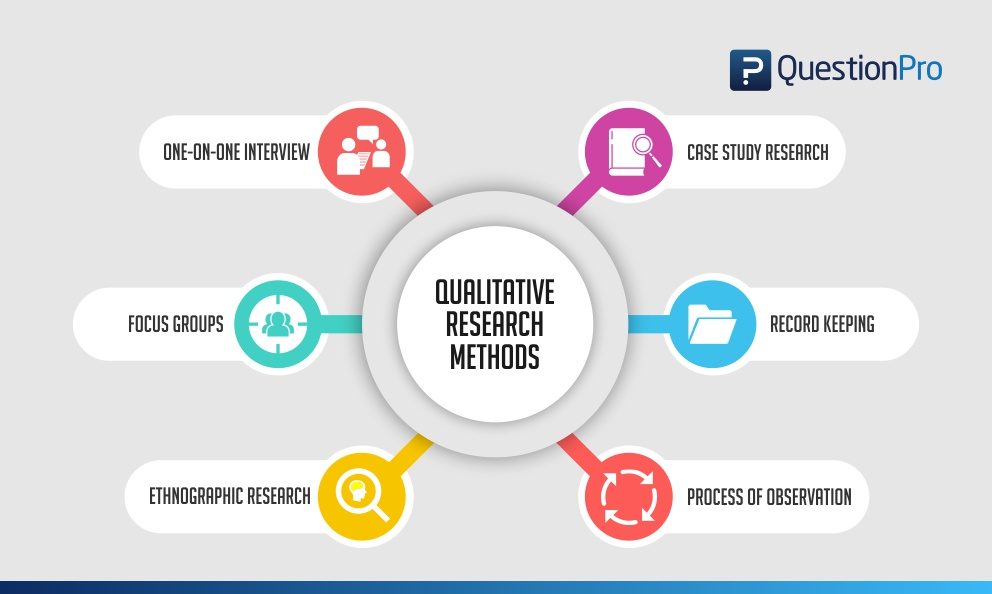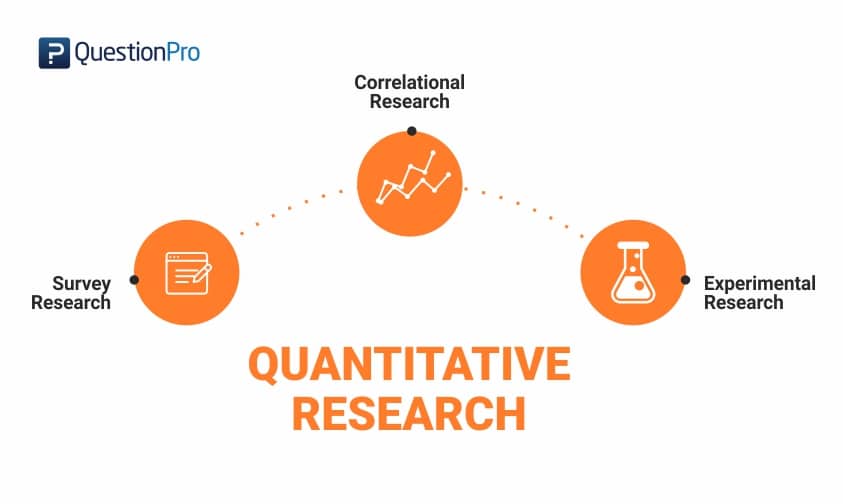
Need help using the Library?

Call in to one of our libraries
Email: library@dundee.ac.uk
Library Website
You may find these guides helpful:
Your question should be clear.
Narrow your topic down to an area that you would like to know the answer to, or interesting or worth investigating
Think about:

Before continuing, you need to check if a review has been recently or currently carried out on your question that you're thinking of.
The Cochrane Library is a collection of resources that contain high-quality, independent evidence to inform healthcare decision making
For off-campus access select Sign in then Institutional login. Type Dundee in the search box and select University of Dundee. Enter your University of Dundee username and password.
search in Cochrane Library for already published reviews on your subject area
Search PROSPERO for any planned or ongoing systematic reviews.
Scoping reviews are not included in PROSPERO or Cochrane.
If your research question idea already exists in PROSPERO and/or Cochrane.
During your scoping searches, it might be worth considering if you'd like to look at Qualitative or Quantitative research for your review.
| QUALITATIVE | QUANTITATIVE |
| collecting and analysing non-numerical data | objective measurements: statistical, mathematical, numerical analysis |
| concepts, opinions, experiences | gathering numerical data & generalising across a group of people or explain a particular phenomenon. |
| first hand observations, interviews, questionnaires, focus groups, participant-observation | polls, questionnaires, surveys, using pre-existing statistical data |
| recordings made in natural settings, documents, case studies etc | large sample sizes representative of the population |
|
felt more than measured not based on measurable terms but the impact of satisfaction and worth |
usually gathered using structured research instruments. Research is replicable. Used to generalise concepts more widely, predict future results or investigate causal relationships. |
Babbie, E.R. (2014) The practice of social research. Fourteenth edition. Boston, MA: Cengage Learning; Muijs, D. (2011) Doing quantitative research in education with SPSS. 2nd ed. Los Angeles: Sage Publications.


Choosing a topic area for your dissertation is the first step.